Best Dietary Supplements for Weight Loss

Outline Introduction Understanding Dietary Supplements for Weight Loss Types of Weight Loss Supplements Top 10 Best Dietary Supplements for Weight Loss How Each Supplement Works The Science Behind Weight Loss Supplements Natural vs. Synthetic Supplements Best Times to Take Weight Loss Supplements Safety Tips and Possible Side Effects How to Choose the Right Supplement for […]
Healthy Eating Diet to Lose Weight
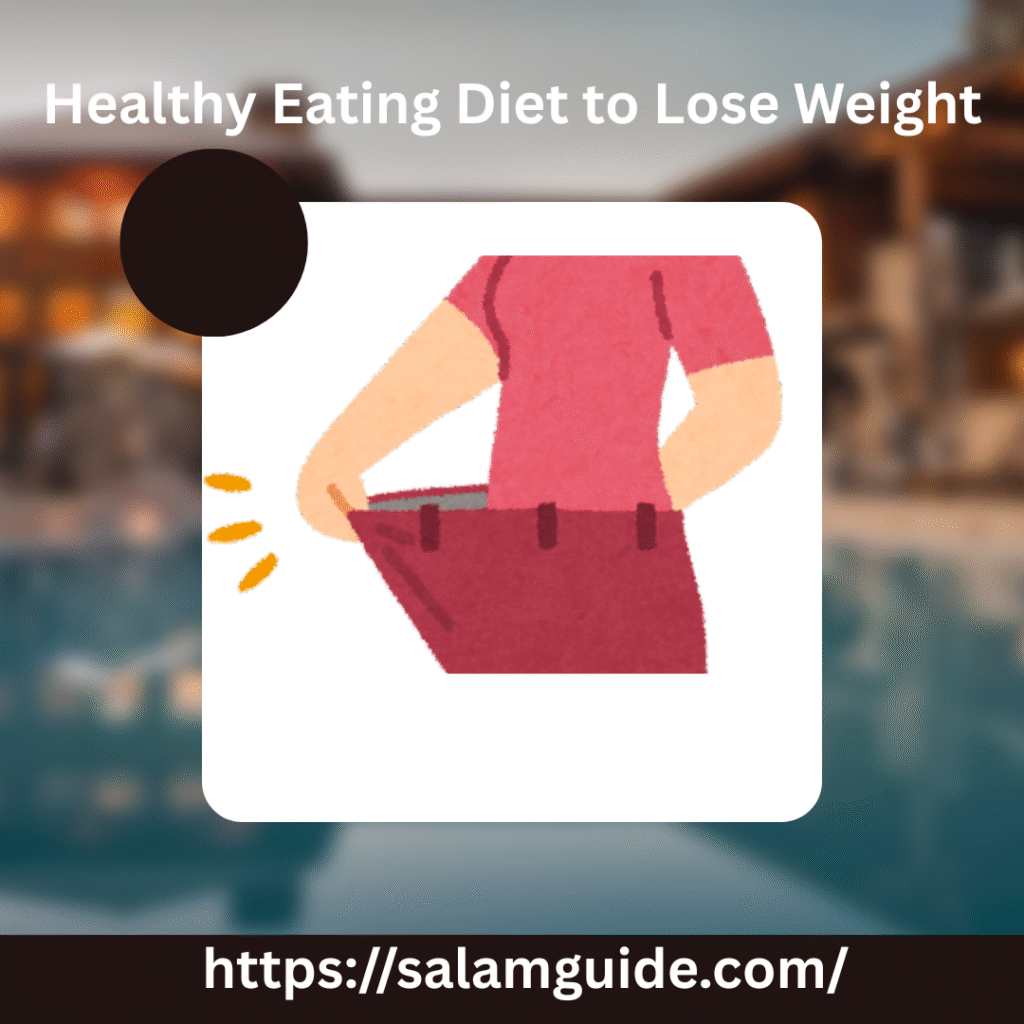
Outline Introduction Understanding Healthy Eating Calories and Weight Loss Macronutrients and Their Role Micronutrients Matter Too Building a Sustainable Meal Plan Healthy Food Choices Best Foods for Weight Loss Foods to Avoid The Role of Fiber Meal Preparation Tips The Connection Between Diet and Exercise Common Mistakes in Weight Loss Diets Psychological Aspect of Healthy […]
Meal Plan for Weight Loss
Outline Introduction Understanding Weight Loss Benefits of a Meal Plan for Weight Loss Key Components of a Weight Loss Meal Plan How to Create a Personalized Meal Plan Foods to Include Foods to Avoid Sample 7-Day Meal Plan for Weight Loss Meal Prep Tips Importance of Portion Control How to Stay Consistent Vegetarian and Vegan […]
Best Diet for Healthy Weight Loss
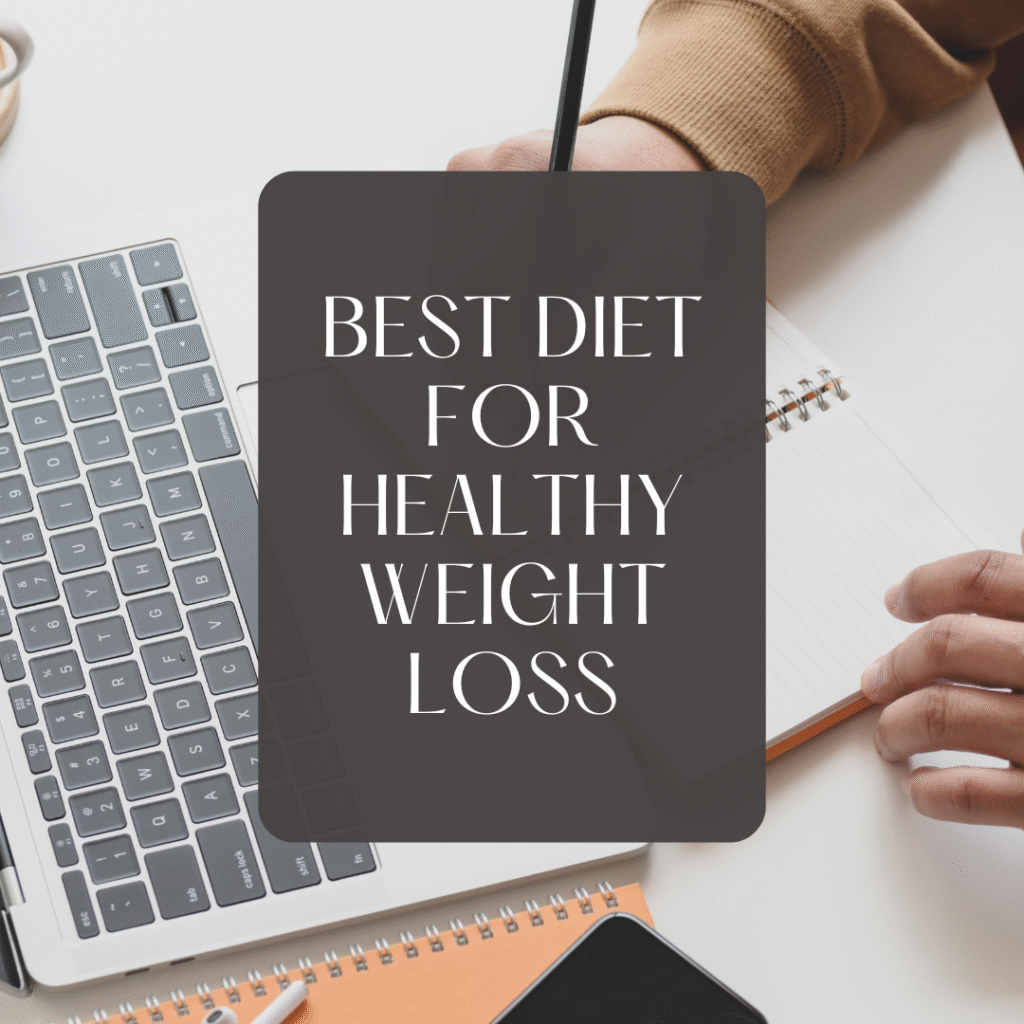
Outline Introduction Understanding Healthy Weight Loss Key Principles of a Healthy Diet Macronutrients Explained Micronutrients: The Unsung Heroes Popular Diets and Their Benefits How to Choose the Right Diet for You Meal Planning for Weight Loss The Role of Exercise Mindful Eating The Importance of Sleep and Stress Management Common Weight Loss Mistakes Tracking Progress […]
Weight Loss Facilities Near Me: Find the Perfect Place to Achieve Your Health Goals

Outline Weight Loss Facilities Near Me Types of Weight Loss Facilities Benefits of Joining a Local Weight Loss Facility How to Find the Best Weight Loss Facility Near You What to Expect During Your First Visit Key Services Offered Understanding Medical Weight Loss Clinics Fitness Centers with Weight Loss Focus Nutrition-Based Weight Loss Centers Holistic […]
Weight Loss Plan
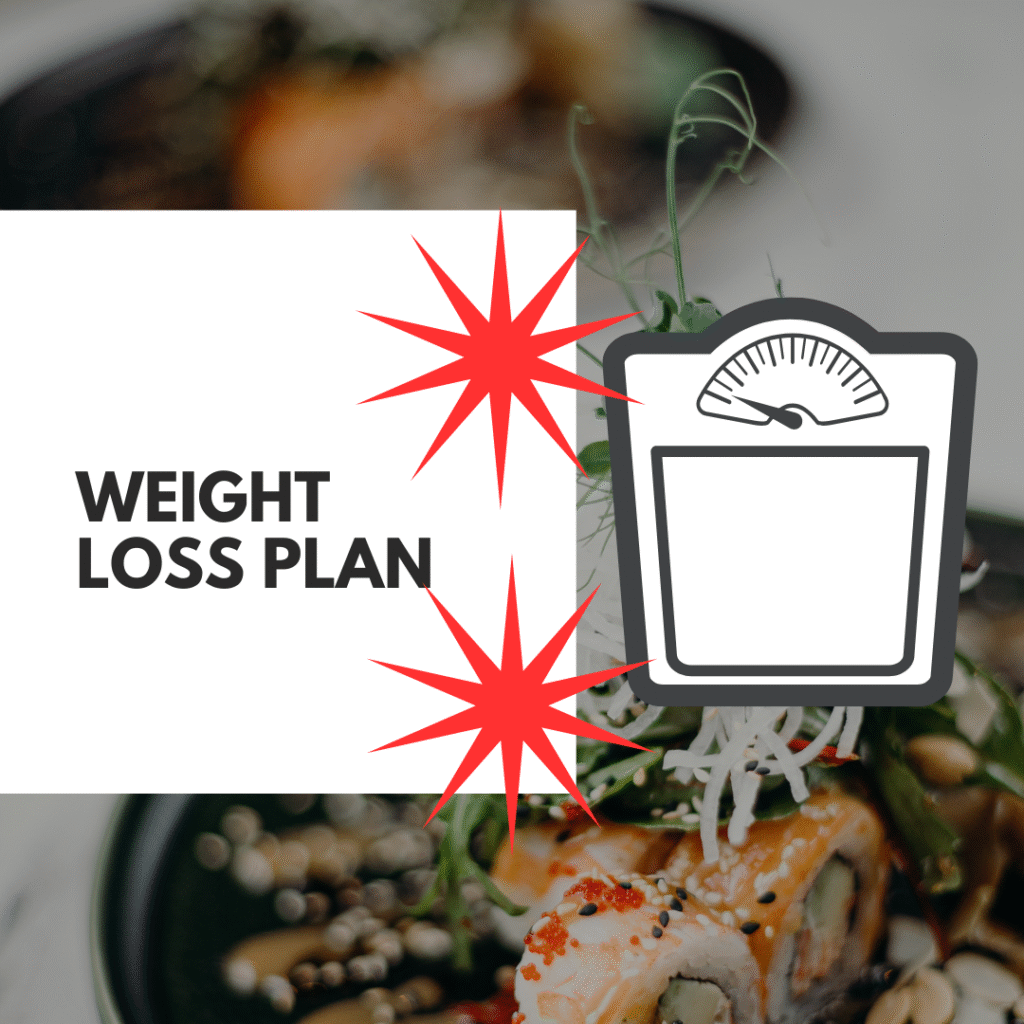
Outline Introduction Understanding Weight Loss Setting Realistic Goals Designing Your Perfect Weight Loss Plan Creating a Balanced Diet Sample Meal Plans Best Foods for Weight Loss Exercise and Physical Activity Lifestyle Habits That Support Weight Loss Mindset and Motivation Popular Weight Loss Methods Supplements and Support Common Mistakes to Avoid How to Maintain Your Results […]
Best Weight Loss System: A Complete Guide to Transform Your Body and Health
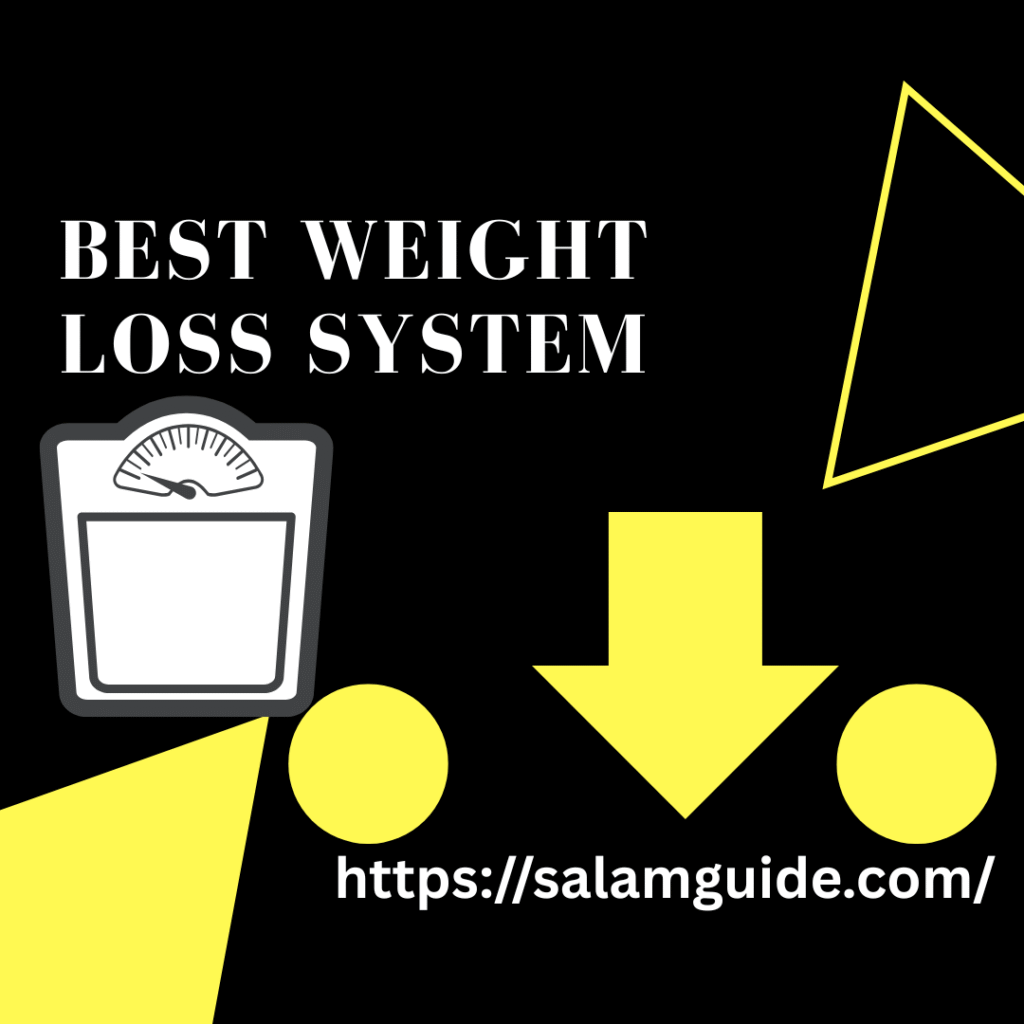
Outline Introduction What is a Weight Loss System? Key Elements of the Best Weight Loss System Nutrition in a Weight Loss System Exercise in a Weight Loss System Lifestyle Habits for Effective Weight Loss Mindset and Motivation Types of Popular Weight Loss Systems Personalization of Weight Loss Systems Technology and Tools for Weight Loss Common […]
Kelly Clarkson Weight Loss: The Inspiring Journey Behind Her Transformation
Outline Introduction Who is Kelly Clarkson? The Struggles with Weight Over the Years Kelly Clarkson’s Turning Point Her Weight Loss Approach Diet Plan Exercise Routine Mental and Emotional Health Kelly Clarkson and the Plant Paradox Diet How She Balanced Weight Loss with Busy Life Dealing with Media Attention Impact on Fans and Followers Lessons We […]
Weight Loss Programs: A Complete Guide to Finding What Works for You
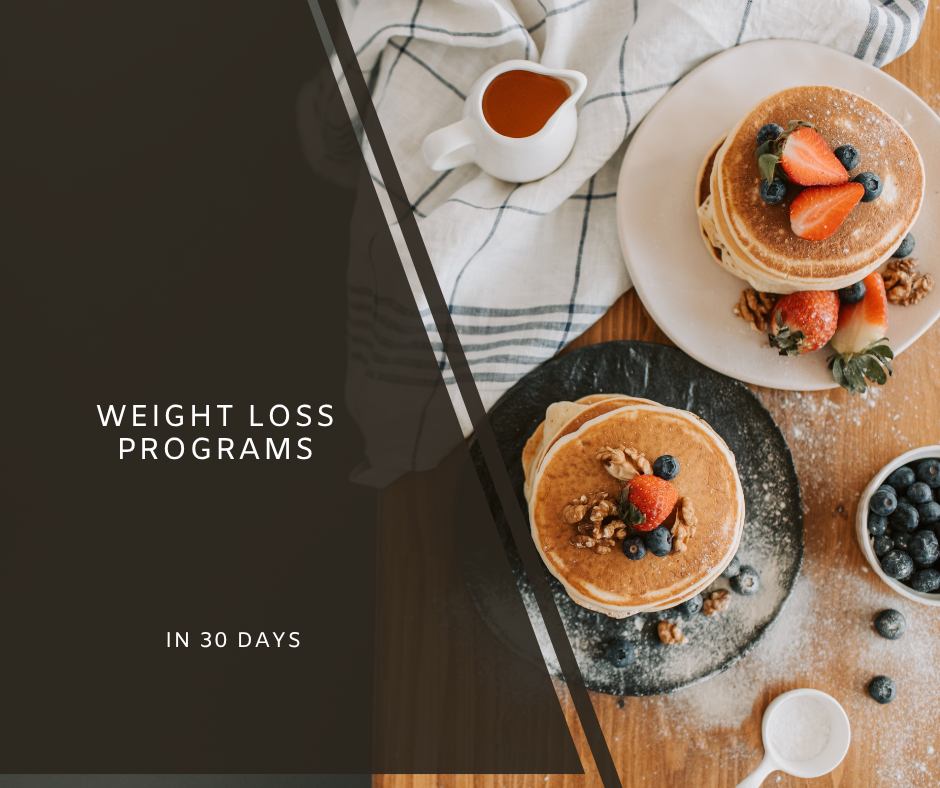
Outline Introduction Understanding Weight Loss Programs Types of Weight Loss Programs Medical Weight Loss Programs Popular Commercial Programs Fitness-Based Programs Online & App-Based Programs Customized Coaching & Personal Plans Key Features of a Good Weight Loss Program Psychological Aspects of Weight Loss How to Choose the Right Program Common Mistakes People Make The Role of […]
Tips for Weight Loss: Your Complete Guide to a Healthier You
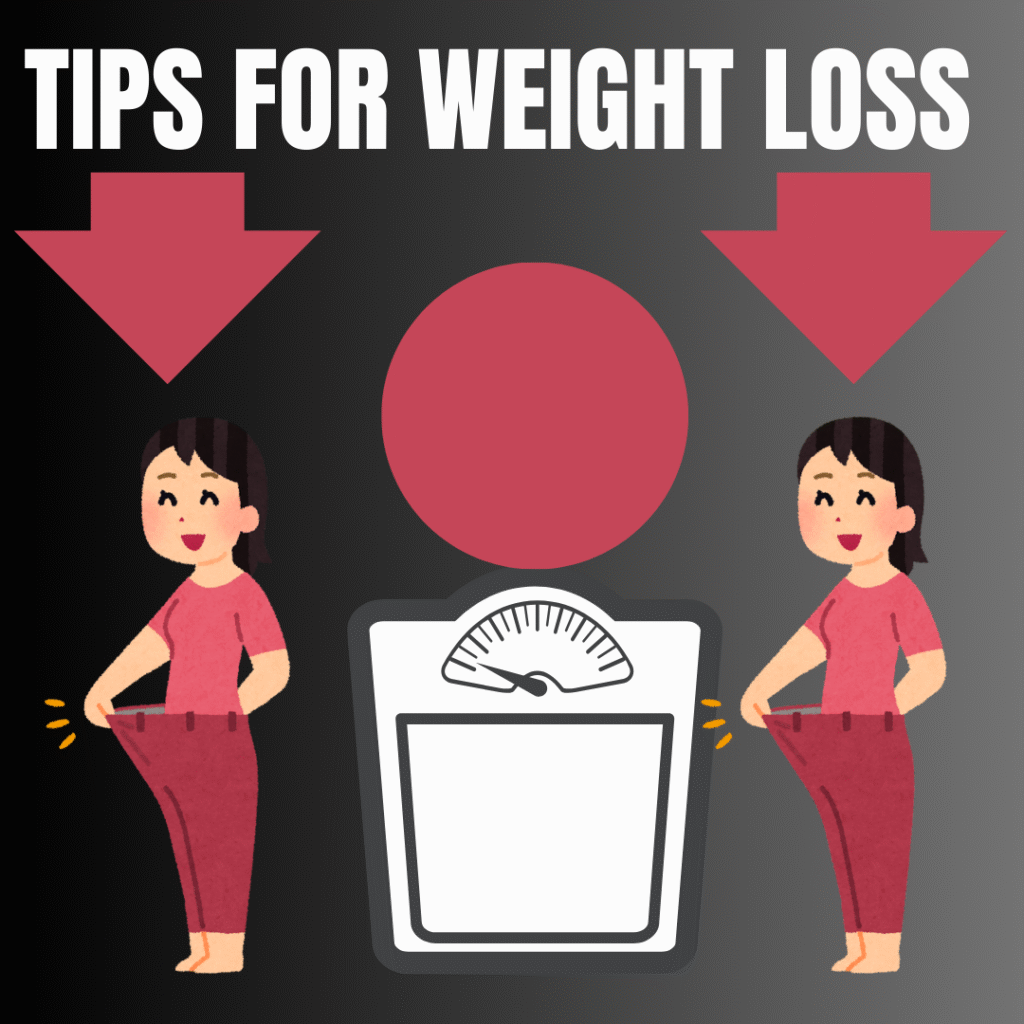
Outline of the Article Introduction Understanding Weight Loss Setting Realistic Goals Nutrition is the Foundation Eat More Whole Foods Protein: The Weight Loss Superhero Hydration Matters Cutting Out Sugary Drinks The Role of Exercise Lifestyle Adjustments Mindful Eating Tracking Progress Overcoming Weight Loss Plateaus Staying Motivated Conclusion FAQs Introduction Weight loss is one of the […]


